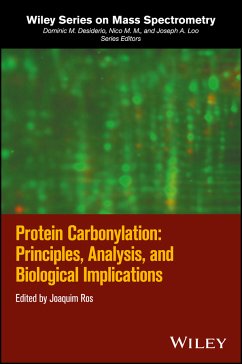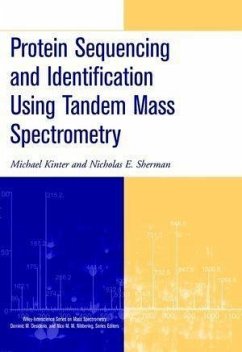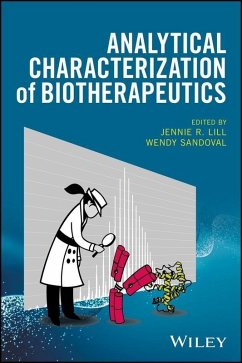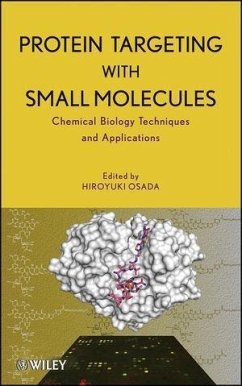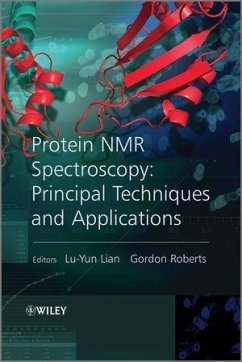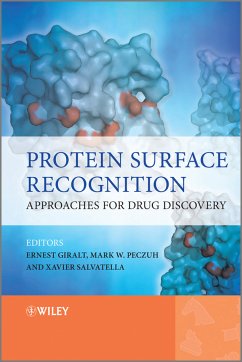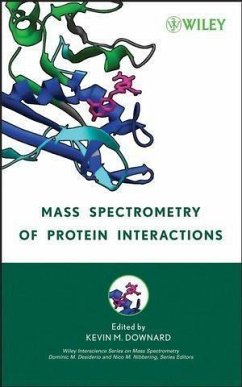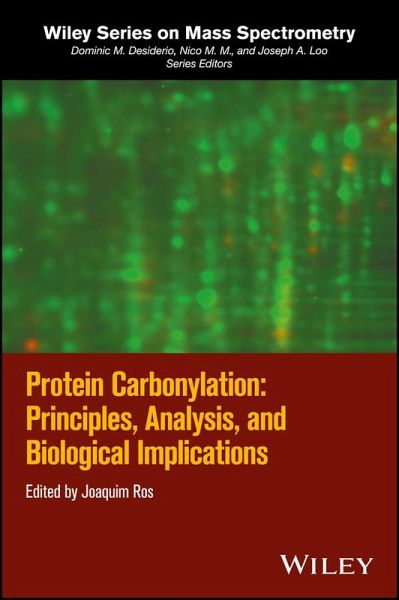
Protein Carbonylation (eBook, PDF)
Principles, Analysis, and Biological Implications
Redaktion: Ros, Joaquim
Versandkostenfrei!
Sofort per Download lieferbar
153,99 €
inkl. MwSt.
Weitere Ausgaben:

PAYBACK Punkte
0 °P sammeln!
Protein carbonylation has attracted the interest of a great number of laboratories since the pioneering studies at the Earl Stadtman's lab at NIH started in early 1980s. Since then, detecting protein carbonyls in oxidative stress situations became a highly efficient tool to uncover biomarkers of oxidative damage in normal and altered cell physiology. In this book, research groups from several areas of interest have contributed to update the knowledge regarding detection, analyses and identification of carbonylated proteins and the sites where these modifications occur. The scientific community...
Protein carbonylation has attracted the interest of a great number of laboratories since the pioneering studies at the Earl Stadtman's lab at NIH started in early 1980s. Since then, detecting protein carbonyls in oxidative stress situations became a highly efficient tool to uncover biomarkers of oxidative damage in normal and altered cell physiology. In this book, research groups from several areas of interest have contributed to update the knowledge regarding detection, analyses and identification of carbonylated proteins and the sites where these modifications occur. The scientific community will benefit from these reviews since they deal with specific, detailed technical approaches to study formation and detection of protein carbonyls. Moreover, the biological impact of such modifications in metabolic, physiologic and structural functions and, how these alterations can help understanding the downstream effects on cell function are discussed. * Oxidative stress occurs in all living organisms and affects proteins and other macromolecules: Protein carbonylation is a measure of oxidative stress in biological systems * Mass spectrometry, fluorescent labelling, antibody based detection, biotinylated protein selection and other methods for detecting protein carbonyls and modification sites in proteins are described * Aging, neurodegenerative diseases, obstructive pulmonary diseases, malaria, cigarette smoke, adipose tissue and its relationship with protein carbonylation * Direct oxidation, glycoxidation and modifications by lipid peroxidation products as protein carbonylation pathways * Emerging methods for characterizing carbonylated protein networks and affected metabolic pathways
Dieser Download kann aus rechtlichen Gründen nur mit Rechnungsadresse in A, B, BG, CY, CZ, D, DK, EW, E, FIN, F, GR, HR, H, IRL, I, LT, L, LR, M, NL, PL, P, R, S, SLO, SK ausgeliefert werden.




